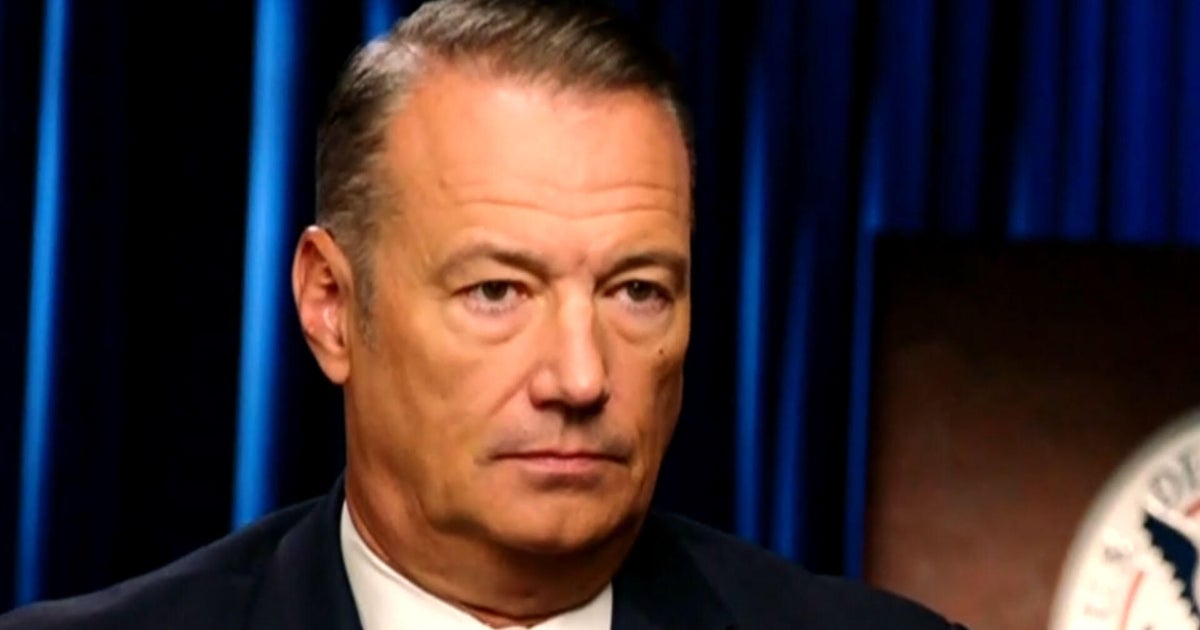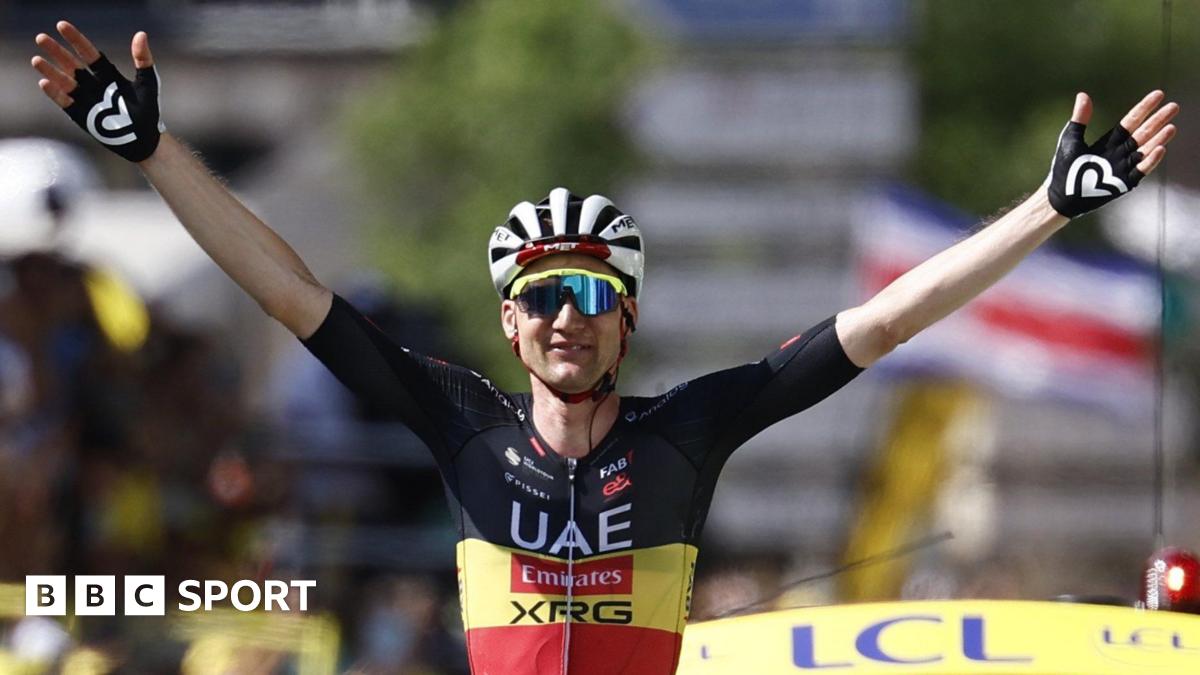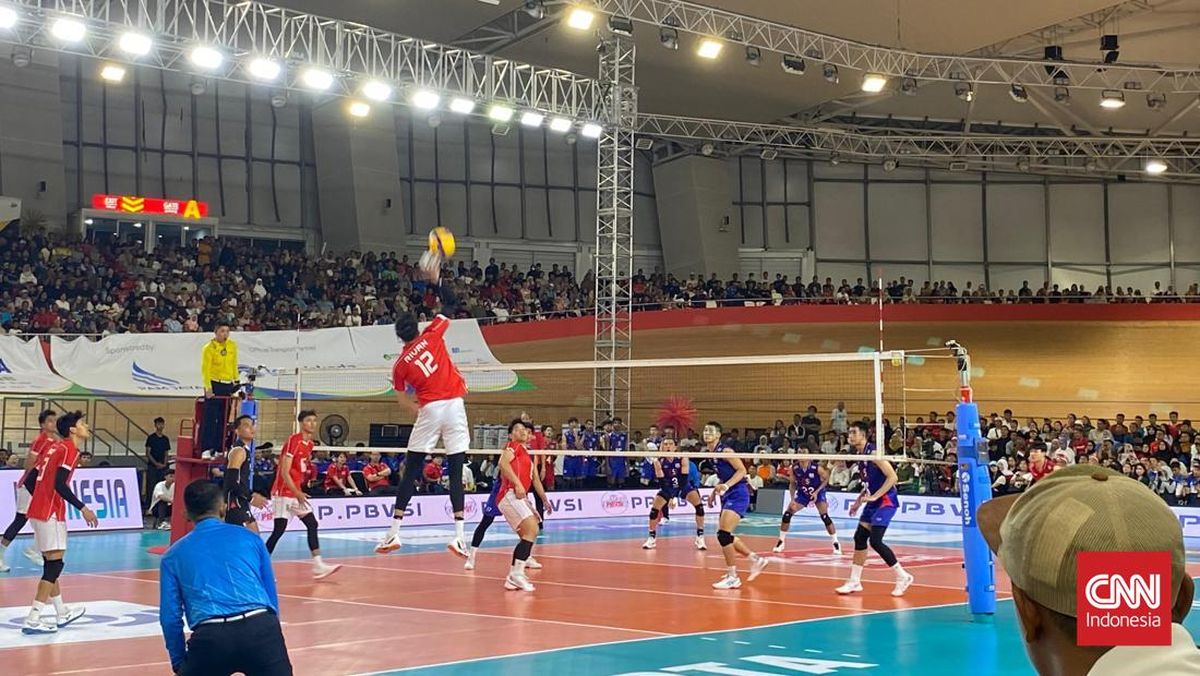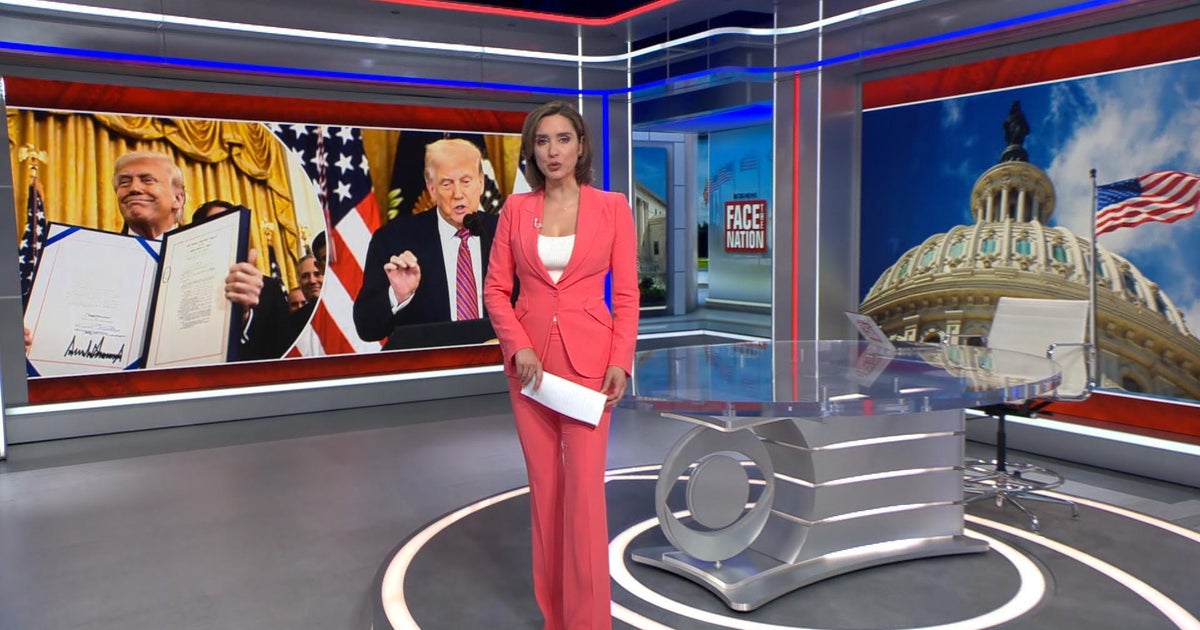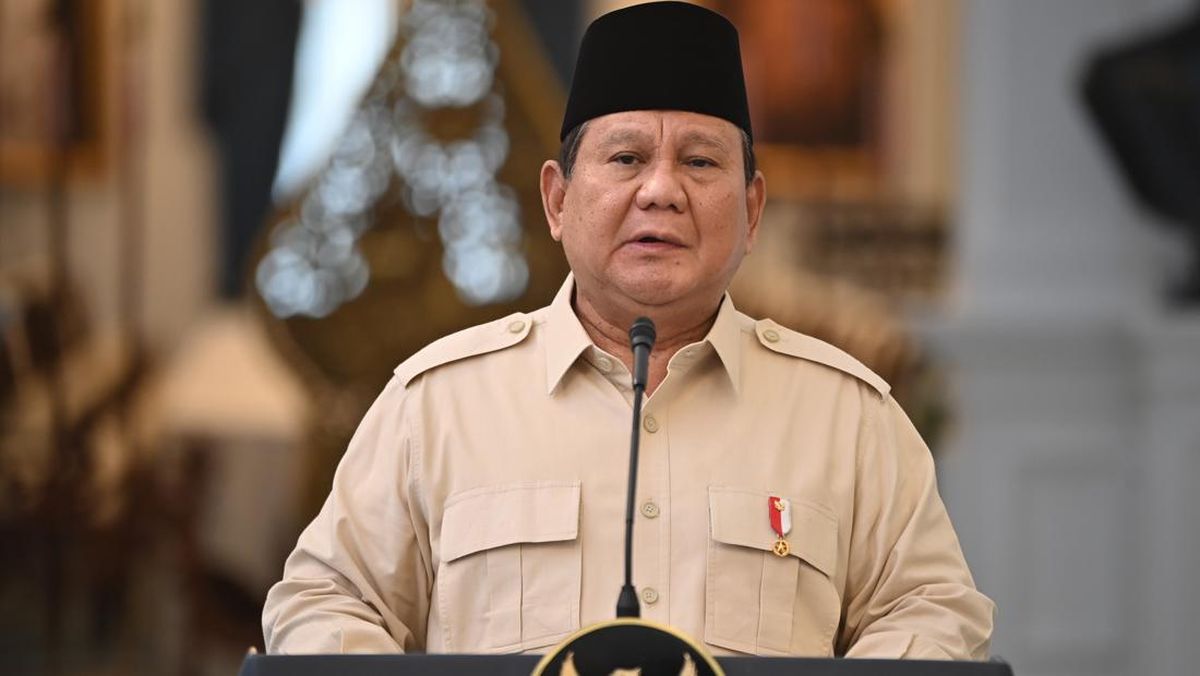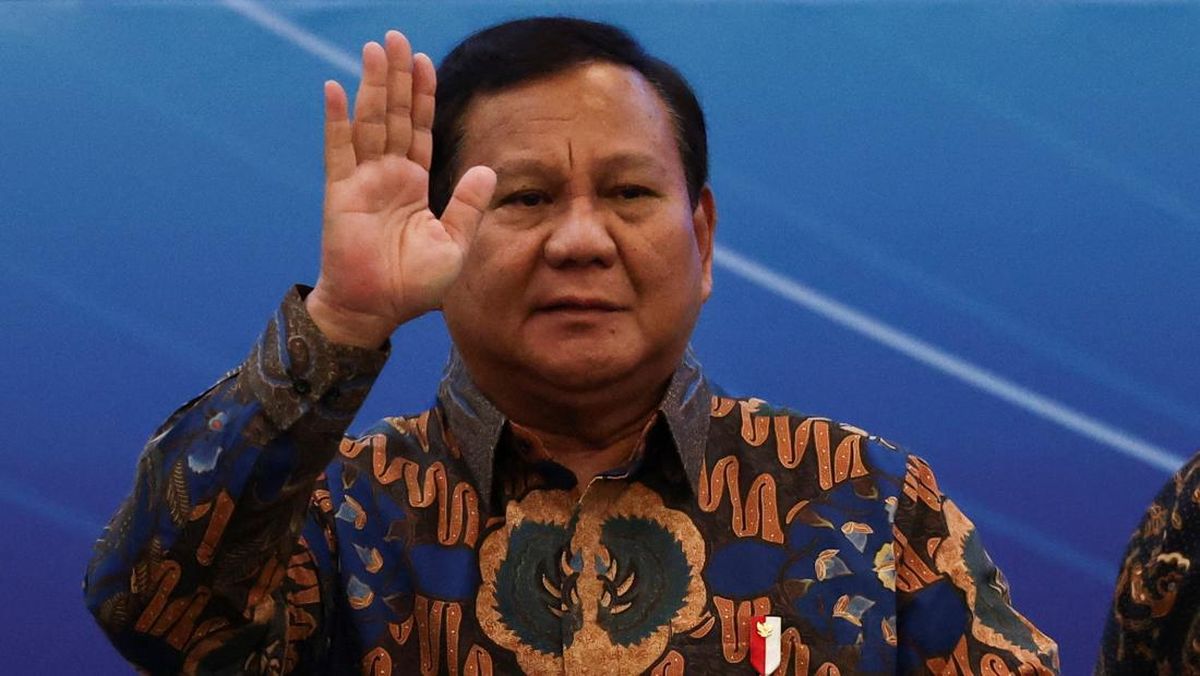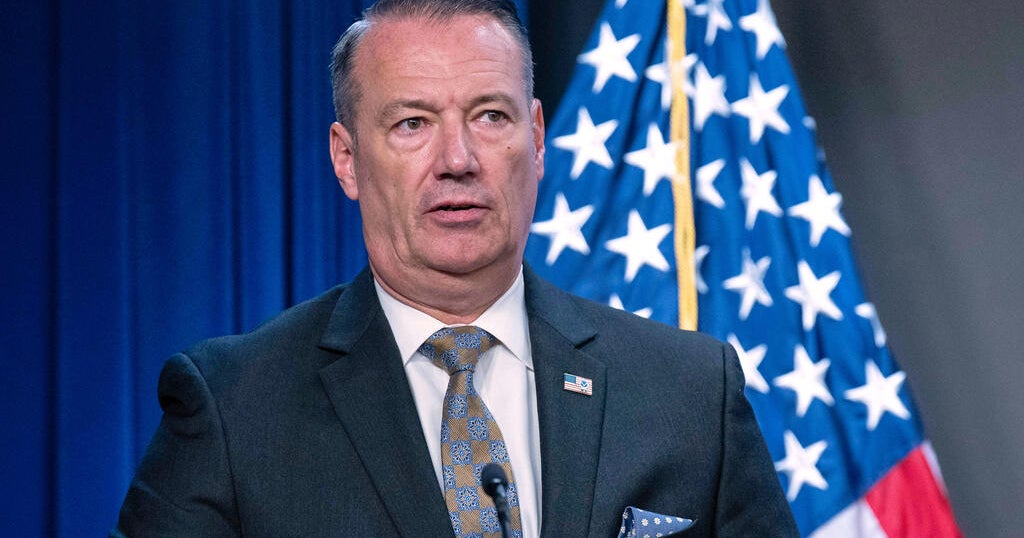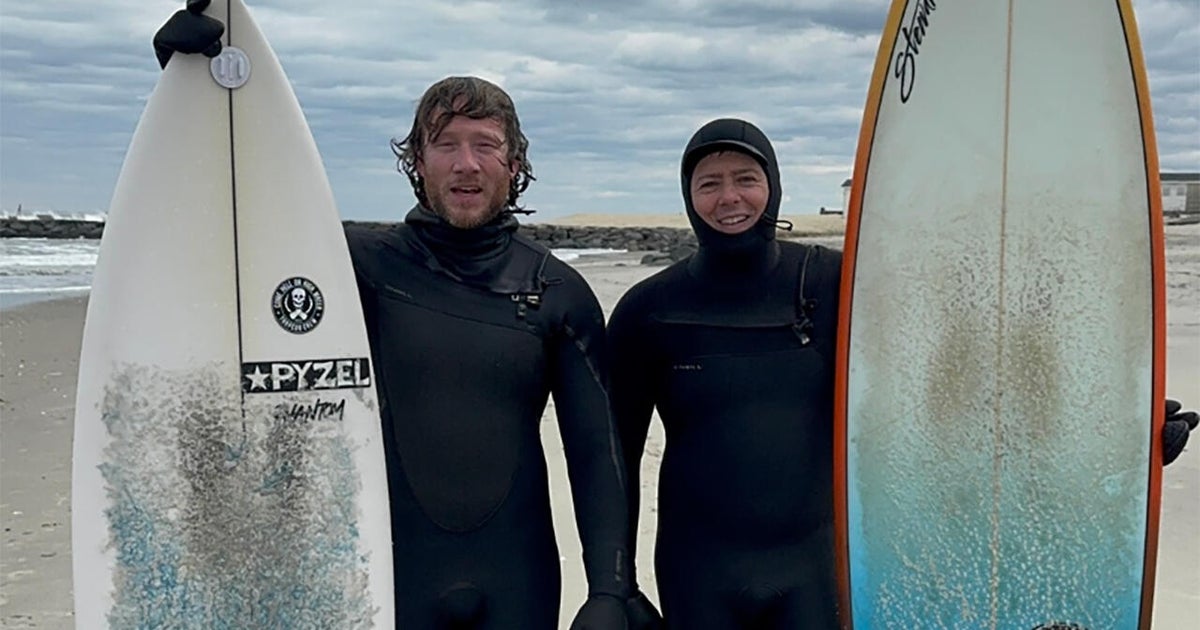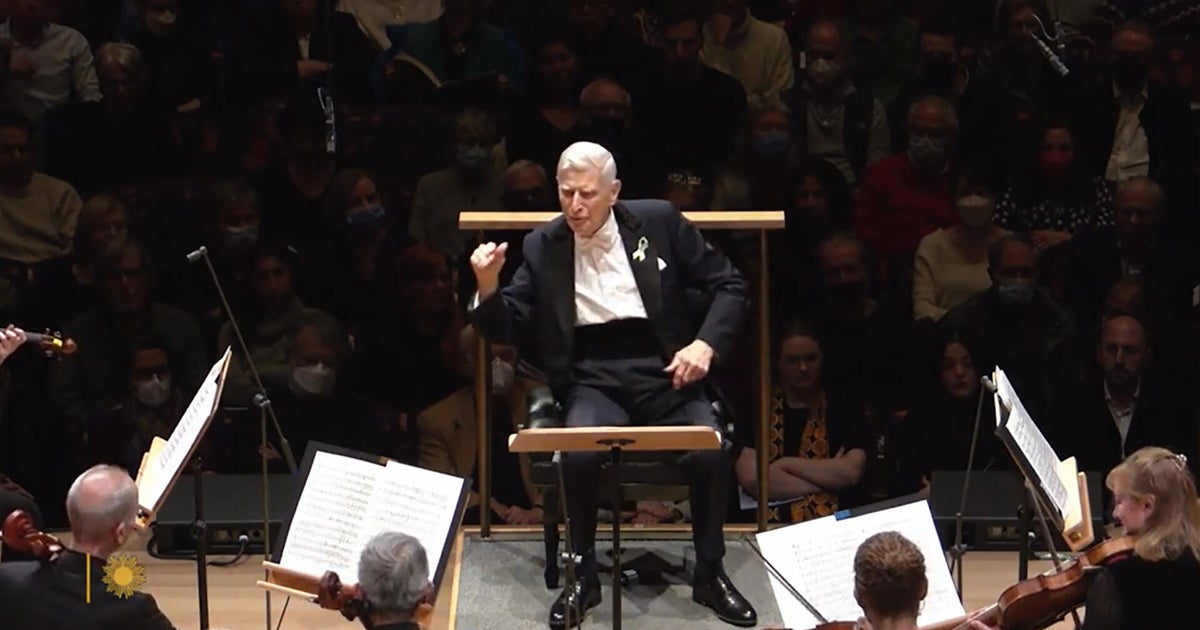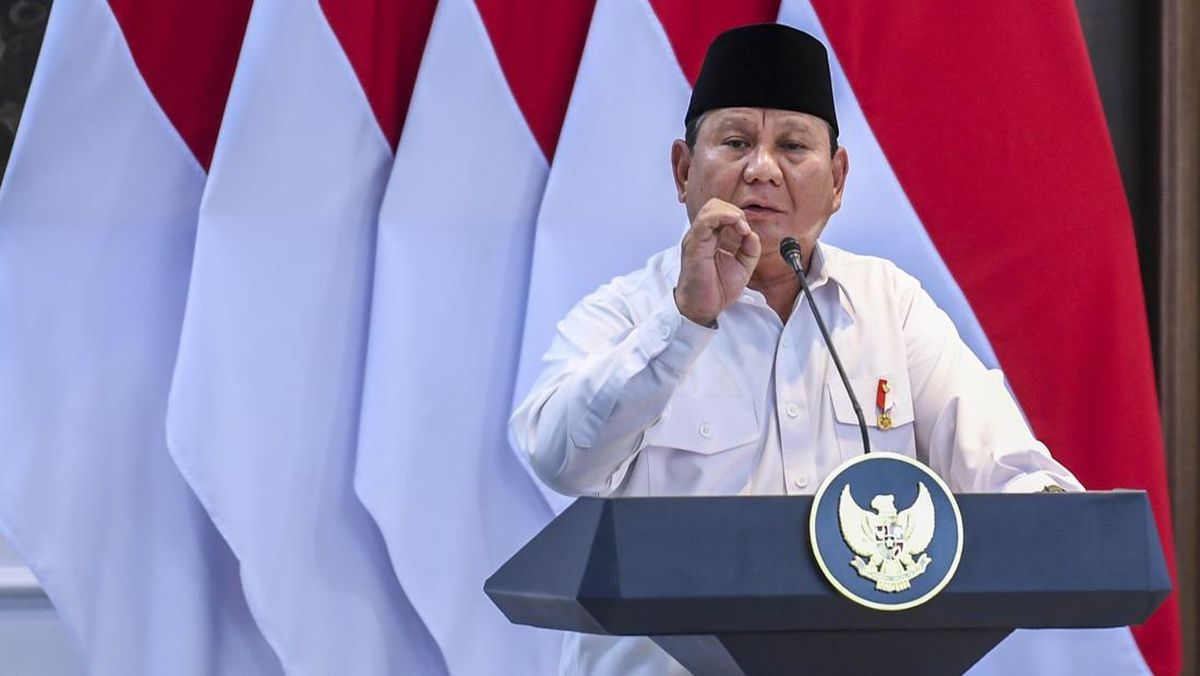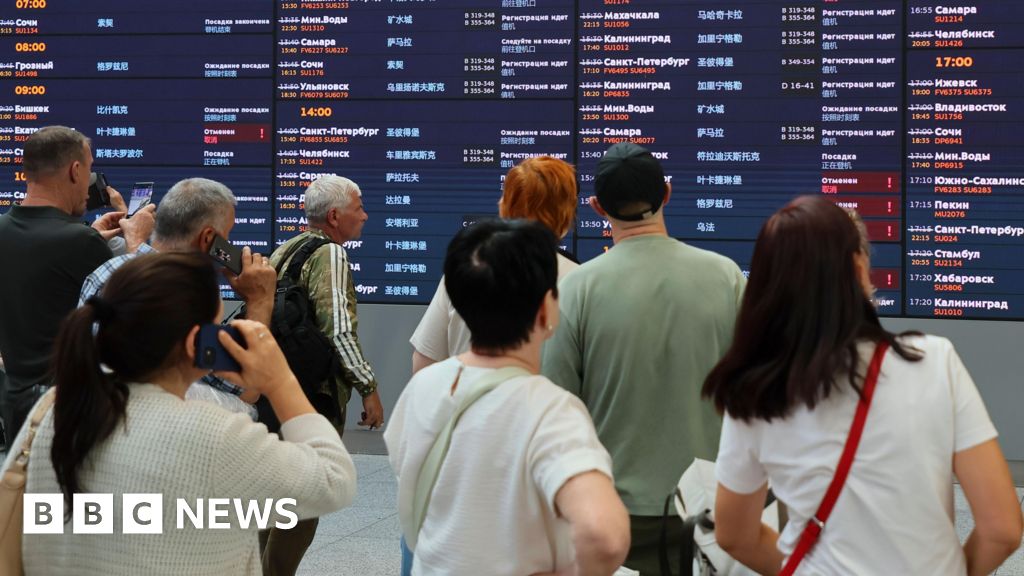Prime Minister Anthony Albanese is under pressure to overhaul capital gains tax, delivering bigger tax incentives to investors who build new units amid warnings that without change, the government will fail to hit its 1.2 million new home target.
Research for the Labor-aligned McKell Institute argues that an increase in the current 50 per cent discount on CGT for new units but a reduction for investors who purchase an existing detached house would encourage construction of additional 130,000 homes before 2030.

A Labor aligned think-tank says making capital gains tax concessions more lucrative would help lift apartment construction.Credit: Bloomberg
NSW could get an extra 40,000 homes while Victoria stands to gain up to 33,600 additional properties in a move that would be a stark departure from Labor’s 2019 election policy to heavily curtail CGT concessions.
Albanese and Treasurer Jim Chalmers are heading a three-day economic roundtable next month, when tax reform will be one of the key discussion points.
Labor went to the 2019 election with a policy to halve the capital gains tax concession, which had been introduced by the Howard government in the late 1990s in a move that economists say contributed to a surge in house prices, as part of a proposal to also restrict negative gearing to new properties.
But the McKell research shows a larger concession on new builds combined with reduced incentives for investors to buy existing detached homes would both lift the number of new properties while putting downward pressure on rents.
Report co-author Richard Holden, a respected independent economist, said the 1.2 million target would not be met under current tax settings.
“A key problem with our existing tax settings on property is they orient too much investment toward established dwellings at the cost of new supply,” he said.
“There is nothing wrong with the commonly held desire of everyday investors to secure their future by investing in the housing market. But this desire should be harnessed to achieve our national objectives on housing supply.”
Under the McKell proposal, the current concession would remain for investors who already own a property or those who construct a new detached house.
Loading
The concession would increase to 70 per cent for people who invested in a new unit or apartment, but it would fall to 35 per cent for those who bought an existing detached property.
The current 50 per cent concession costs the budget about $19.5 billion. Much of that is tied up in the appreciation of detached houses.
The paper found that by reducing the incentive on existing homes, the savings on the cost of the concession could be channelled into encouraging new construction.
McKell Institute chief executive Edward Cavanough said the government could not afford to do nothing.
“Labor has resisted change to the CGT for too long. It needs to creatively reform this poorly targeted tax concession so it works both in the interests of aspirational Australians and society more broadly,” he said.
“We have to stop seeing capital gains tax as some kind of grand moral question. That approach has caused a stalemate in this country that has stalled the progress we need on fixing the housing crisis.”
Modelling of the policy shows it would deliver more homes in inner Melbourne (up to 1510), inner Sydney (up to 1414), inner Brisbane (up to 1119) and inner Perth (up to 1111).
It would also encourage units and apartments in regional areas such as the NSW South Coast seat of Gilmore (up to 1066) and the south-east Melbourne electorate of Flinders (up to 1038).
Data this week released by the Australian Bureau of Statistics suggest home construction was improving but is still due to fall short of the 1.2 million target.
Loading
In the first three months of the year, construction started on 47,645 new dwellings – a lift of 11.7 per cent on the December quarter and 17.3 per cent up on the same period in 2024.
Despite the improvement on starts, completions continue to lag. There were 43,517 homes completed in the March quarter – 3.7 per cent up over the year but still well short of the 52,420 finished in the March quarter of 2019.
Last week, former Treasury secretary Ken Henry said the government would not meet its housing target if it could not fix the nation’s broken nature laws.
Henry, who headed a review of the tax system for the Rudd government, is one of 22 people invited to the government’s economic roundtable, which will run between August 19 and 21.
Commonwealth Bank chief executive officer Matt Comyn, NSW Treasurer Daniel Mookhey, former state Labor treasurers Ben Wyatt and Andrew Fraser plus independent MP Allegra Spender have also been asked to attend the discussion, which is expected to focus on taxation, technology and red tape.
Cut through the noise of politics with news, views and analysis. Sign up to our weekly Inside Politics newsletter.
Most Viewed in Politics
Loading

